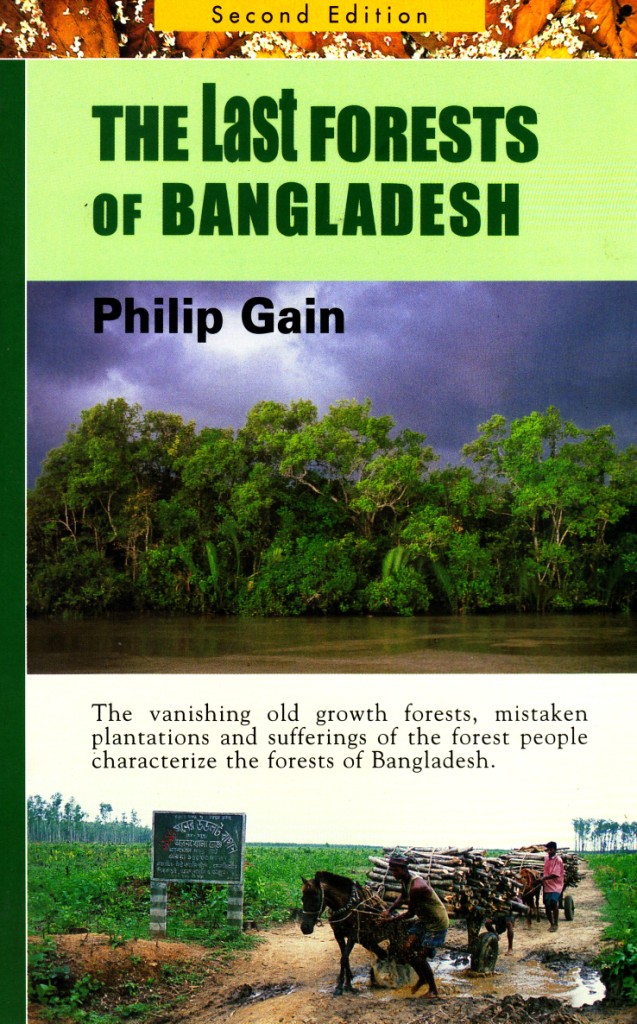
- Shop
- Bangladesh Studies
- The Last Forests of Bangladesh
The Last Forests of Bangladesh
https://uplbooks.com/shop/9844940192-the-last-forests-of-bangladesh-12039 https://uplbooks.com/web/image/product.template/12039/image_1920?unique=b656810
| Language: English |
Book Info
Bangladesh is amazingly green but it is a forest poor country indeed. According to officially recognized estimates the country’s forest cover has shrunk to merely six percent today from 20% in 1927. Even this estimate about the remaining forests is questionable. The old growth trees have disappeared from he public forests and one can hardly find good patches of natural forest anywhere in Bangladesh except for those in the mangroves. Plantations are not to be considered as forests. This is a miserable situation for the maintenance of ecological stability. The attempts for afforestation with foreign finances have not been much helpful; rather have hastened the process if destruction and have complicates the traditions involving forests and forest dependent people. The government authorities and different groups including the international financial institutions, which play a key role in the forestry sub-sector, blame growing population, poverty, shifting cultivation, fuel wood collection, etc. for the depletion of the forests. This book examines how the people and poverty are wrongly blamed. It is not the people who are intertwined with forests or poverty but unscrupulous exploitation by the State and production-oriented forestry practices that hasten the destruction of forests.

Philip English
PHILIP GAIN is trained as a journalist and writer, but his predilection for images and the issues concerning forests, forest dependent people and their cultural life has brought him close to the ground realities. That he has also not missed the beautiful minds, hearts and hospitality of different forest dependent people is evident from the images that are presented in this book. Philip Gain received an M.A. in Mass Communication and Journalism from University of Dhaka in 1987; awarded Ashoka fellowship in 1989; awarded Alfred Friendly Press Fellowship (US) in 1993; and elected World Fellow of Yale University (US) in 2002. Currently, he runs Society for Environment and Human Development (SEHD). Philip Gain has authored and edited more than a



